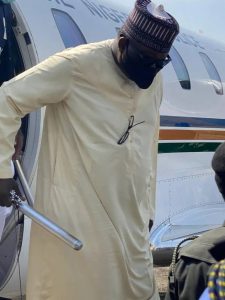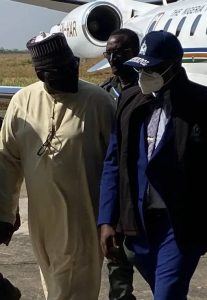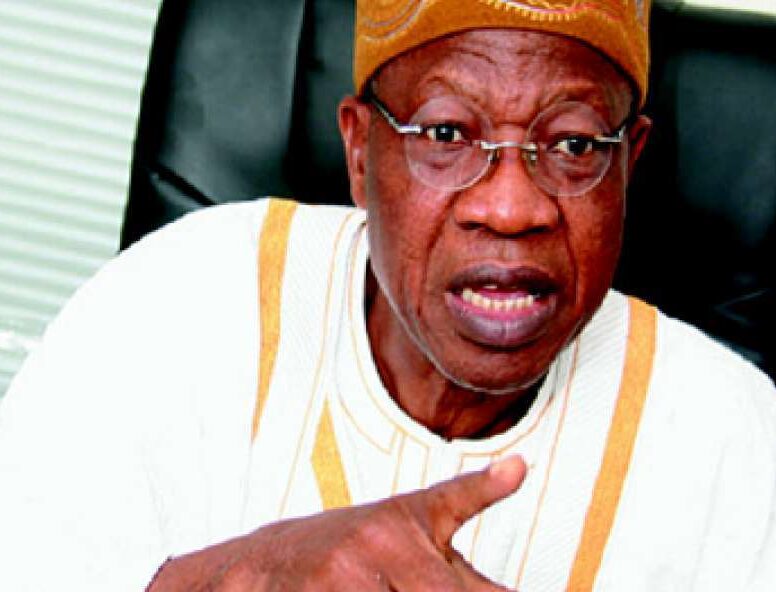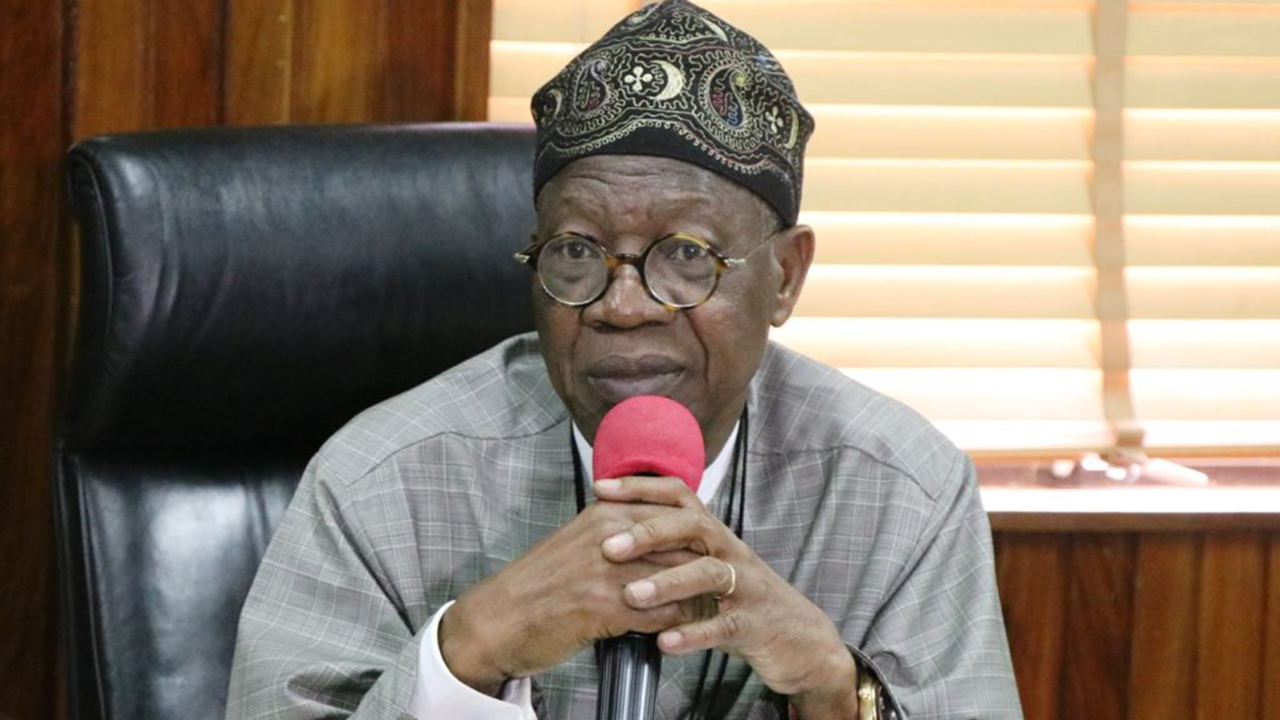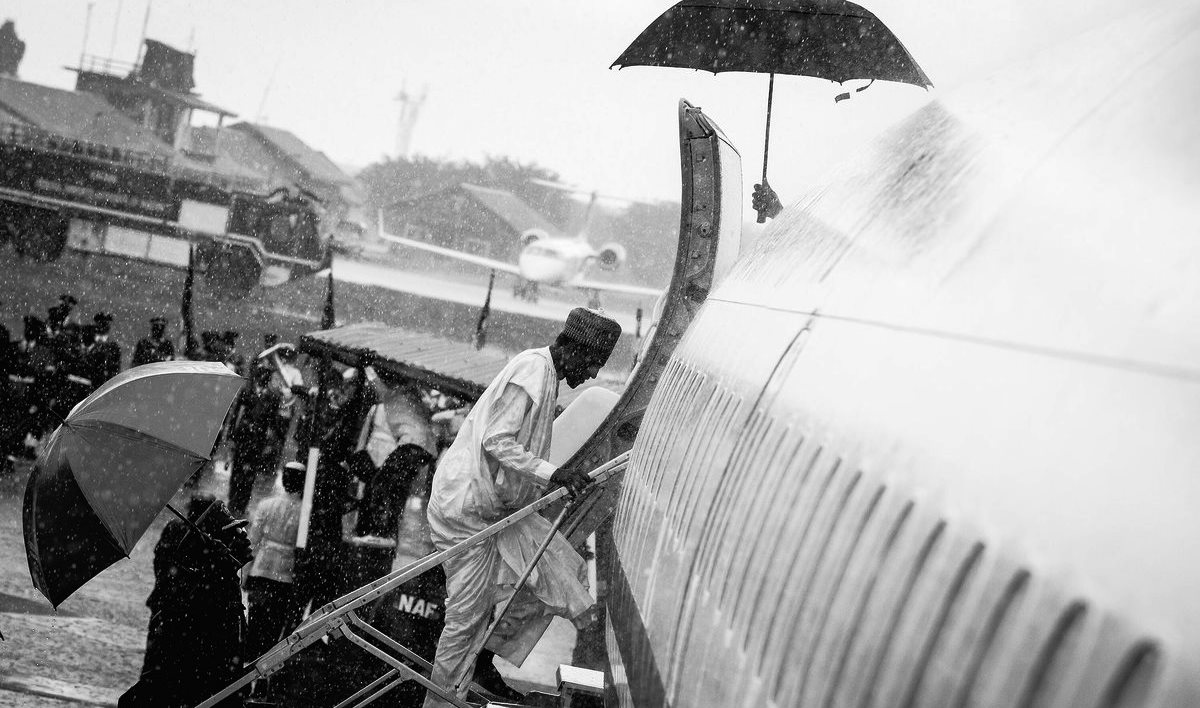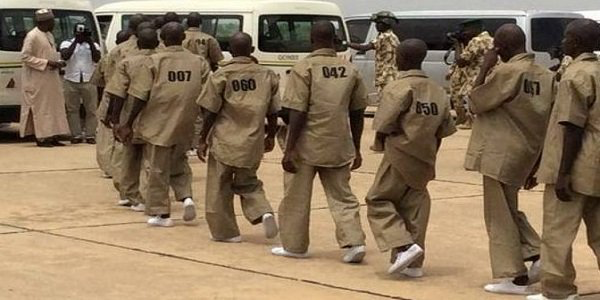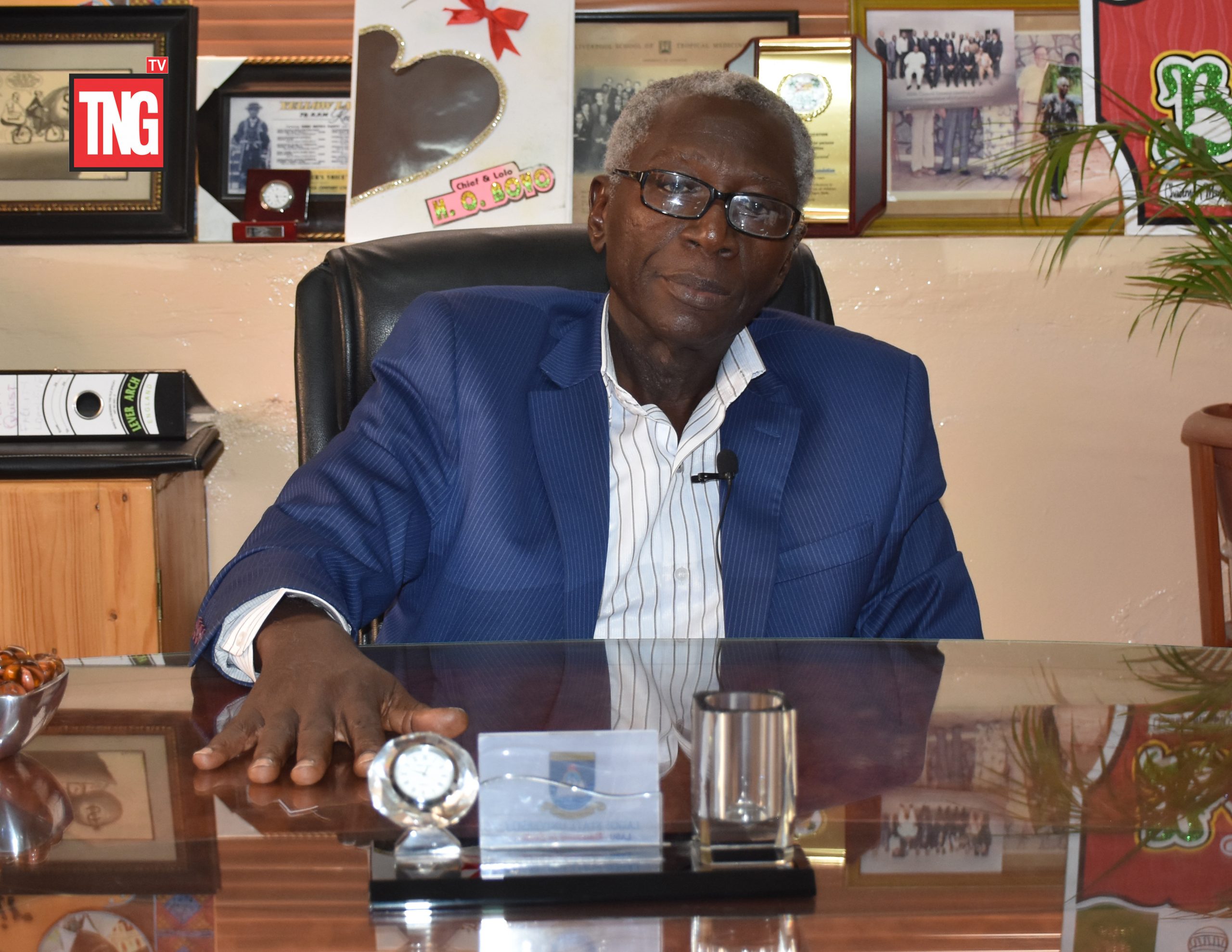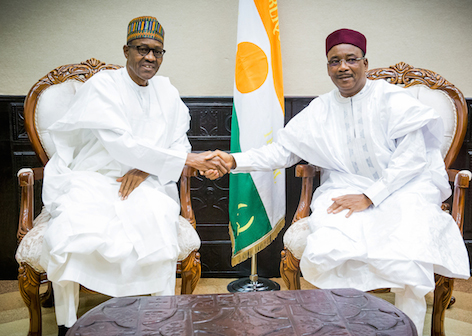Abdulrasheed Maina, former Chairman, defunct Pension Reformed Task Team (PRTT), on Friday, told the Federal High Court, Abuja, that his leg would have been amputated if he did not travel to Niger Republic for medicare.
Maina, in his affidavit to support the bail application filed before Justice Okon Abang, said a surgical operation was performed on his kneel to save his leg from amputation.
He urged the court to grant his prayer for bail so that he could attend to his current deteriorating health challenge.
Recall that Maina had, on Jan. 20, approached Justice Abang for another bail after his arrest for jumping the first bail.
Maina, in a motion on notice dated and filed on Dec. 24, 2020 brought by one of his lawyer, Anayo Adibe, said the application became necessary over his worsening health condition.
In the motion, the ex-pension boss told the court that he had reasonable and responsible sureties who were willing to act as sureties if granted bail.
At the resumed hearing, Sani Katu, SAN, who appeared for Maina, said he had three applications filed before the court.
Katu said besides a bail application, he had filed an application praying the court for the recall of the prosecution witnesses in the trial.
The lawyer said due to Maina’s failing health, a letter was written to the Kuje Correctional Centre on the need for his proper medical attention.
He averred that the correctional centre where he was kept did not have facility to attend to his state of health.
Katu, who said his client was taken to the University of Abuja Teaching Hospital, Gwagwalada recently, pointed out that the medical report was exhibited in the bail application.
The lawyer urged the court to grant Maina bail with assurance that he would not abuse the privilege, having sworn an undertaking to that effect.
He said the treatment Maina received outside the country saved his limbs from amputation.
But the Economic and Financial Crimes Commission (EFCC)’s Lawyer, Mohammed Abubakar, told the court to reject the bail plea.
Abubakar argued that in Maina’s affidavit in support of his bail request, he did not feel remorse for his action in jumping the first bail graciously granted him by the court.
“The 1st defendant applicant (Maina), without any remorse, stated at paragraph 9 of his affidavit that as as a result of the order of his arrest, he decided to seek for a better medical facility for the treatment of his kneel and was eventually referred to a military hospital in Chad Republic and Niger Republic where the knees surgery was successfully carried out.
“What he is saying is that his jumping bail was a premeditated decision. It was a decision he took by himself in disobedience to the gracious order of this honourable court in releasing him on bail,” he said.
Abubakar argued further that by that remark, it showed that Maina also fled to the Republic of Chad .
“It is also clear by this paragraph that while we thought that the 1st defendant applicant fled to Niger Republic, he is now informing the court that he also went to Chad Republic while his American and Nigerian passports are in custody of the court,” he said.
According to the EFCC’s lawyer, it is our humble submission that this is not a person that deserves a second chance of taking a risk by the court in releasing him on another bail.
He said the medical report brought by Maina from the University of Abuja Teaching Hospital on his current state of health was silent on the kneel surgery he claimed he had outside the country.
“It is also important to highlight that while the 1st defendant applicant talked about a purported surgery conducted on his kneel and the purported pain he presently suffering on that kneel which he claimed may result in the amputation of his leg if not granted bail, the medical report brought by him is silent about any issue about his kneel; whether he is feeling pain or surgery ever performed in the kneel before,” he said.
Citing a previous Court of Appeal decision, Abubakar said “while a defendant has a right to legal practitioner of his own choice, he does not have a right to a medical practitioner or facility of his own choice, and that even where there is a medical report attached to a bail, the court will still not grant bail unless the medical report or deposition of a medical practitioner on oath proves that the applicant cannot get the required medical attention while in custody.”
The lawyer, who said Maina had failed to meet these requirements, urged the court to refuse the application.
Responding, Katu, who said that granting bail was at the court discretion, said this was in accordance with Sections 158, 162 and 165 of Administration of Criminal Justice Act (ACJA), 2015.
The lawyer, who hinted that Maina once had a mild stroke, said all that he prayed for was a bail so that his client could have proper medical attention outside the correctional centre as exhibited in their application.
On the decision by Court of Appeal, he argued that the nature of the case was different from the one at hand.
“While in Adamu Vs. FRN case, the report said an applicant had no entitlement to medical doctor of his choice, we are not asking for a particular doctor of our choice. Rather, we are asking for a general practitioner,” he said.
Katu urged the judge to discountenance all the arguments by Abubakar that had to do with facts which were not contained in the affidavit, while praying the court to exercise its discretionary power in favour of Maina.
Justice Abang adjourned the ruling until Feb. 25.
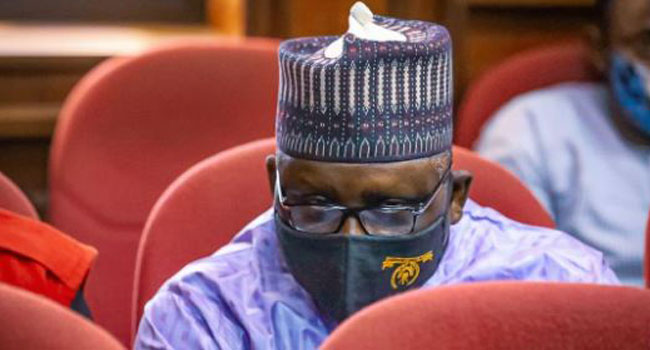
![UPDATED: Maina lands Nigeria from Niger Republic after arrest [See photos]](https://thenewsguru.ng/wp-content/uploads/2020/12/WhatsApp-Image-2020-12-03-at-18.53.01.jpeg)
